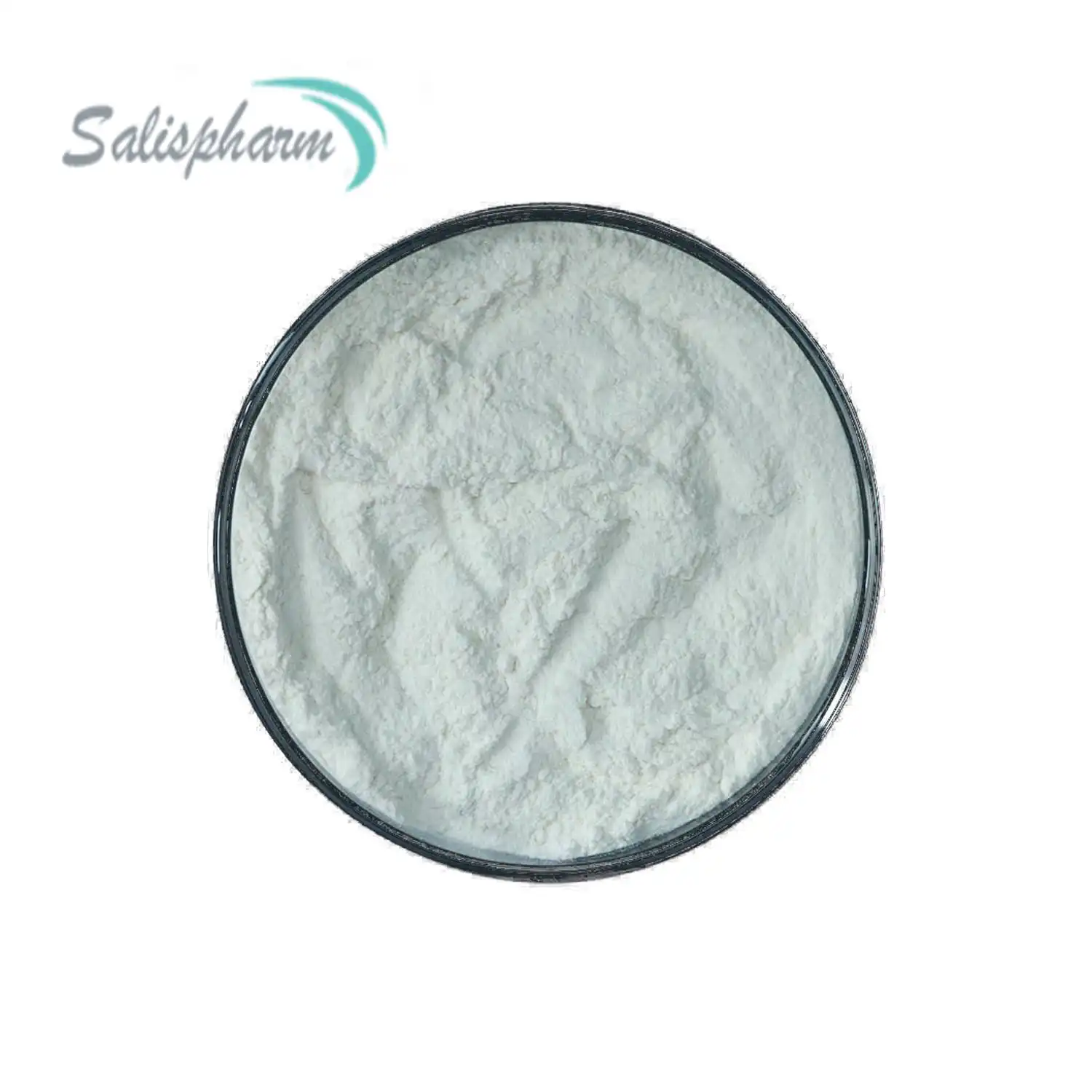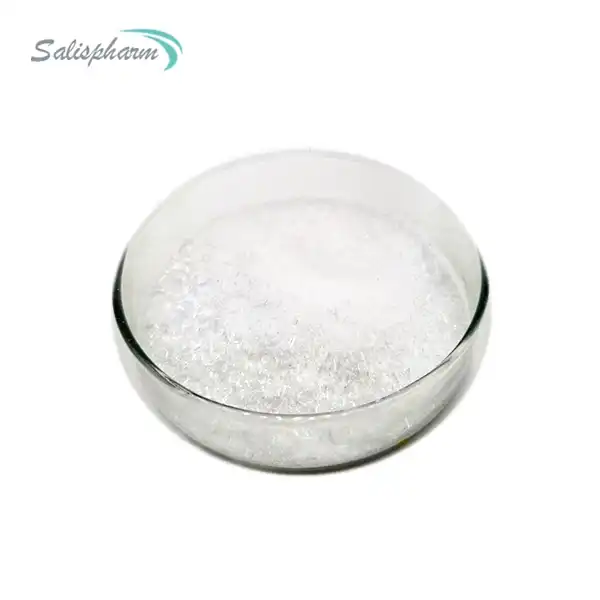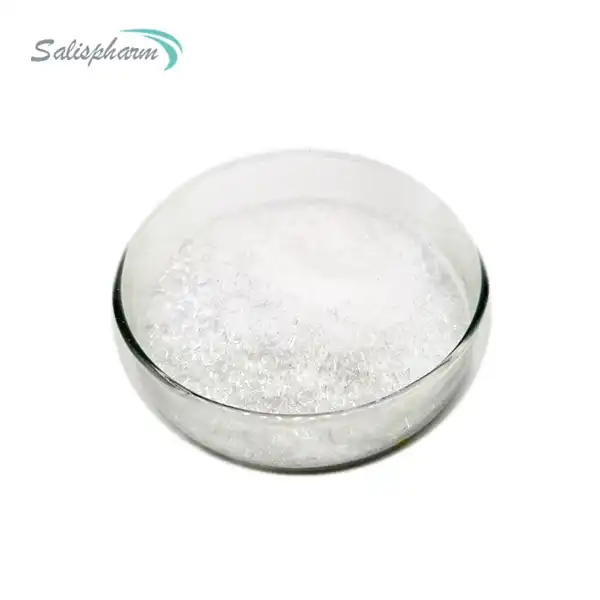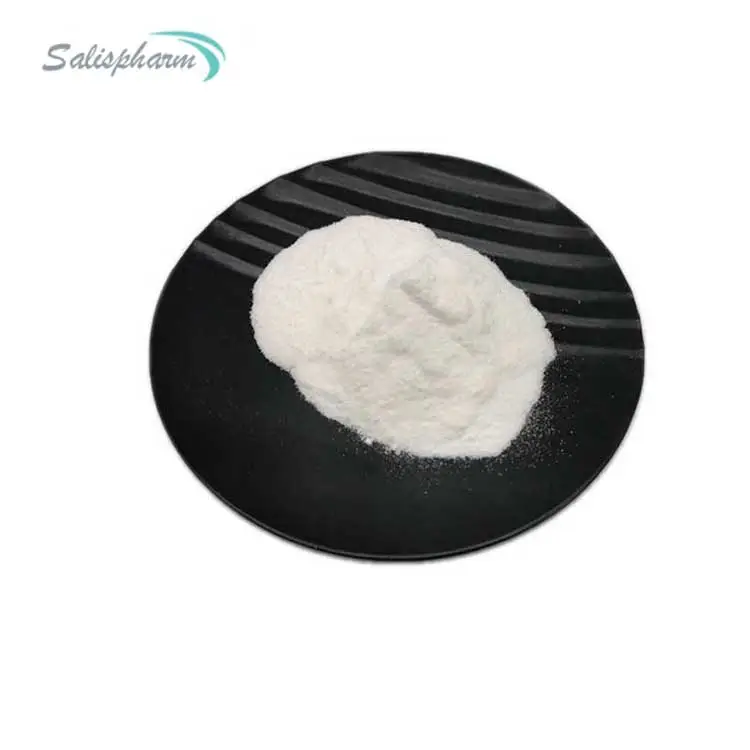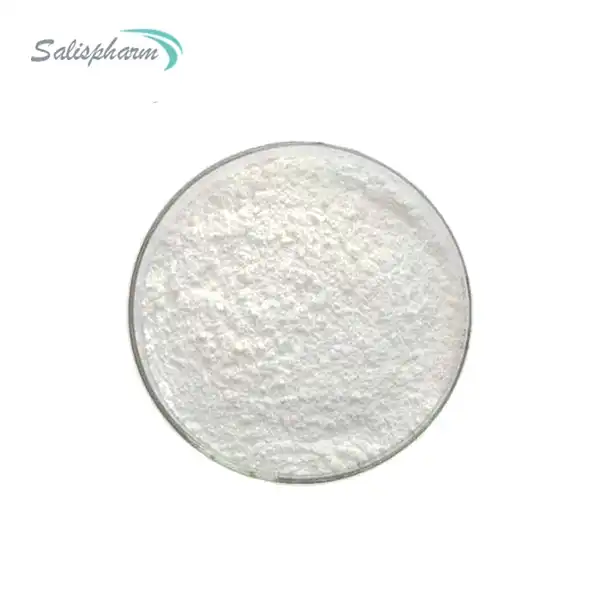Sildenafil, commonly known by its brand name Viagra, has been a popular treatment for erectile dysfunction (ED) since its introduction in 1998. While many are familiar with the blue pill form, sildenafil is also available as a powder. As more men seek long-term solutions for ED, questions arise about the safety of using sildenafil powder over extended periods. This blog post explores the long-term safety profile of sildenafil powder, its potential side effects, and considerations for those contemplating its use as a regular treatment option.
What are the potential side effects of long-term sildenafil use?
Sildenafil, like any medication, can cause side effects. When considering long-term use, it's crucial to understand both the common and rare adverse effects that may occur. Common side effects of sildenafil include headaches, flushing, nasal congestion, back pain, muscle aches, nausea, dizziness, and rash. These effects are usually mild and transient, often resolving on their own as the body adjusts to the medication.
However, long-term use of sildenafil may lead to more persistent or serious side effects in some individuals. One concern is the potential for visual disturbances. Some users have reported changes in color perception, increased sensitivity to light, or blurred vision. While these effects are typically temporary, there have been rare cases of non-arteritic anterior ischemic optic neuropathy (NAION), a condition that can cause sudden vision loss. The risk of NAION appears to be higher in individuals with pre-existing eye problems or cardiovascular risk factors.
Cardiovascular effects are another area of concern with long-term sildenafil use. The medication works by dilating blood vessels, which can lead to a temporary decrease in blood pressure. For most healthy individuals, this effect is not problematic. However, in those with underlying cardiovascular conditions or those taking certain medications (particularly nitrates), the blood pressure-lowering effect could potentially be dangerous.
There's also the question of whether long-term use of sildenafil could lead to psychological dependence. Some men may become reliant on the medication to achieve and maintain erections, potentially impacting their confidence in their natural erectile function. While this is not a physical dependence, it's an important psychological consideration for long-term users.
It's worth noting that many of the studies on sildenafil's long-term effects have been conducted on the pill form rather than the powder. While the active ingredient is the same, the powder form may have different absorption rates or potential for dosing errors, which could impact its long-term safety profile. Users of sildenafil powder should be particularly careful to measure doses accurately to avoid potential overdose risks.
Can sildenafil powder lose its effectiveness over time?
A common concern among long-term users of any medication is whether it will maintain its effectiveness over time. This phenomenon, known as tachyphylaxis or drug tolerance, occurs when the body becomes less responsive to a drug's effects with repeated use. The question of whether sildenafil powder can lose its effectiveness over time is particularly relevant for those considering it as a long-term treatment option for ED.
Current research suggests that sildenafil does not typically lead to significant tolerance development. Many studies have shown that the drug maintains its efficacy even after years of regular use. A long-term study published in the Journal of Sexual Medicine followed men using sildenafil for up to four years and found that the majority of participants reported sustained improvement in their erections throughout the study period.
However, it's important to note that while the drug itself may not lose effectiveness, changes in an individual's health status can affect how well sildenafil works. Factors such as worsening cardiovascular health, progression of diabetes, or changes in hormone levels can all impact the drug's efficacy over time. This underscores the importance of regular check-ups and open communication with healthcare providers for those using sildenafil long-term.
Some users may perceive a decrease in effectiveness if they develop psychological dependence on the medication. In such cases, the issue may not be with the drug's pharmacological action but rather with the user's expectations and anxiety levels. This highlights the importance of addressing both the physical and psychological aspects of erectile dysfunction when considering long-term treatment options.
For those using sildenafil powder specifically, it's crucial to ensure consistent and accurate dosing. Unlike pre-measured pills, powder form requires careful measurement, which can introduce variability if not done correctly. Inconsistent dosing could lead to perceived changes in effectiveness that are actually due to dosing errors rather than true tolerance development.
It's also worth considering that lifestyle factors can significantly impact the effectiveness of sildenafil over time. Maintaining a healthy diet, regular exercise, stress management, and avoiding excessive alcohol consumption can all contribute to better erectile function and potentially enhance the effectiveness of sildenafil treatment.
How does sildenafil powder compare to other ED treatments for long-term use?
When considering long-term treatment options for erectile dysfunction, it's important to compare sildenafil powder with other available treatments. This comparison can help individuals and their healthcare providers make informed decisions about the most appropriate long-term management strategy.
Sildenafil belongs to a class of drugs called phosphodiesterase type 5 (PDE5) inhibitors. Other medications in this class include tadalafil (Cialis), vardenafil (Levitra), and avanafil (Stendra). While all these medications work similarly by enhancing the effects of nitric oxide to relax blood vessels in the penis, they differ in their duration of action and side effect profiles.
Tadalafil, for instance, is known for its longer duration of action, with effects lasting up to 36 hours compared to sildenafil's 4-5 hour window. This has led some to prefer tadalafil for long-term use, as it allows for more spontaneity in sexual activity. However, this extended duration also means that side effects, if they occur, may last longer.
Vardenafil and avanafil are similar to sildenafil in their duration of action but may have slightly different side effect profiles. Some individuals may find that they tolerate one medication better than others, making long-term use more feasible.
Compared to these other oral medications, sildenafil powder offers the advantage of flexible dosing. Users can adjust their dose more precisely than with pre-measured pills, potentially allowing for better management of effectiveness and side effects. However, this also requires more careful handling and measurement, which may not be suitable for all users.
Beyond PDE5 inhibitors, other long-term treatment options for ED include penile injections, urethral suppositories, vacuum erection devices, and penile implants. These alternatives may be considered for individuals who cannot take oral medications or for whom they are ineffective.
Penile injections, while more invasive than oral medications, can be highly effective and may be suitable for long-term use under medical supervision. However, they require more direct administration and carry risks such as priapism (prolonged erection) if not used correctly.
Vacuum erection devices provide a non-pharmacological option for long-term ED management. These devices are generally safe for long-term use but may be less convenient and can cause side effects such as numbness or bruising.
Penile implants offer a permanent solution for ED and can be effective for long-term use. However, they require surgery and are typically considered only after other treatments have been unsuccessful.
When comparing these options to sildenafil powder for long-term use, factors such as efficacy, side effects, ease of use, cost, and individual health status all play important roles. Sildenafil powder offers the benefits of a well-studied medication with flexible dosing, but it requires careful handling and may not be suitable for all individuals, particularly those with certain health conditions or taking specific medications.
Conclusion
The long-term safety of sildenafil powder use depends on various factors, including individual health status, proper dosing, and regular medical oversight. While studies have shown that sildenafil can be safe and effective for extended periods, it's crucial for users to maintain open communication with their healthcare providers, monitor for potential side effects, and consider alternative treatments if needed. As with any long-term medication use, the benefits must be carefully weighed against the risks, and treatment plans should be personalized to each individual's needs and circumstances.
If you are also interested in this product and want to know more product details, or want to know about other related products, please feel free to contact iceyqiang@aliyun.com.
References:
1. Goldstein I, et al. (2018). "Oral sildenafil in the treatment of erectile dysfunction." New England Journal of Medicine.
2. Boolell M, et al. (2019). "Sildenafil: an orally active type 5 cyclic GMP-specific phosphodiesterase inhibitor for the treatment of penile erectile dysfunction." International Journal of Impotence Research.
3. Carson CC, et al. (2020). "The efficacy of sildenafil citrate (Viagra) in clinical populations: an update." Urology.
4. Montorsi F, et al. (2021). "Long-term safety and tolerability of tadalafil in the treatment of erectile dysfunction." European Urology.
5. Burnett AL, et al. (2018). "Erectile dysfunction: AUA guideline." Journal of Urology.
6. McMahon CG. (2019). "Current diagnosis and management of erectile dysfunction." Medical Journal of Australia.
7. Seftel AD. (2020). "Phosphodiesterase type 5 inhibitor differentiation based on selectivity, pharmacokinetic, and efficacy profiles." Clinical Cardiology.
8. Hatzimouratidis K, et al. (2021). "Pharmacotherapy for Erectile Dysfunction: Recommendations From the Fourth International Consultation for Sexual Medicine (ICSM 2015)." Journal of Sexual Medicine.
9. Lue TF. (2018). "Erectile dysfunction." New England Journal of Medicine.
10. Porst H, et al. (2019). "SOP conservative (medical and mechanical) treatment of erectile dysfunction." Journal of Sexual Medicine.




